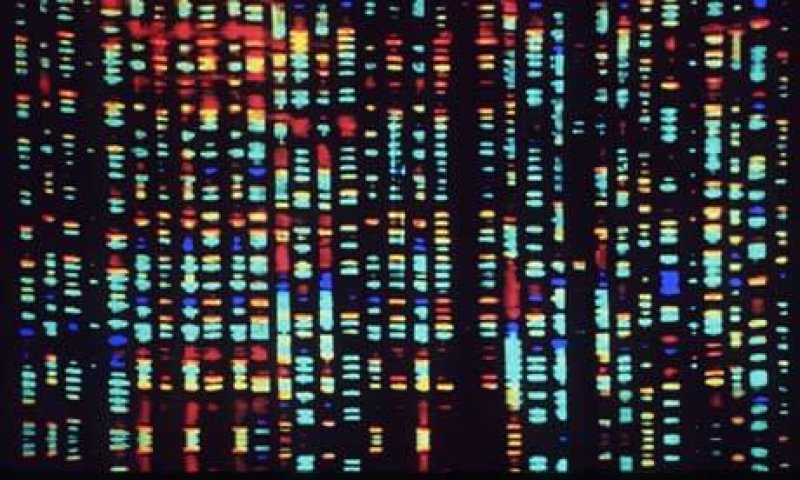The GLP aggregated and excerpted this blog/article to reflect the diversity of news, opinion and analysis.
A few weeks into sixth grade, Colman Chadam had to leave school because of his DNA.
The situation, odd as it may sound, played out like this. Colman has genetic markers for cystic fibrosis, and kids with the inherited lung disease can’t be near each other because they’re vulnerable to contagious infections. Two siblings with cystic fibrosis also attended Colman’s middle school in Palo Alto, California in 2012. So Colman was out, even though he didn’t actually have the disease, according to a lawsuit that his parents filed against the school district. The allegation? Genetic discrimination.
Yes, genetic discrimination. Get used to those two words together, because they’re likely to become a lot more common. With DNA tests now cheap and readily available, the number of people getting tests has gone way up — along with the potential for discrimination based on the results. When Colman’s school tried to transfer him based on his genetic status, the lawsuit alleges, the district violated the Americans With Disabilities Act and Colman’s First Amendment right to privacy. “This is the test case,” says the Chadam’s lawyer, Stephen Jaffe.
To experts in genetics law, four letters are conspicuously missing from the legal wrangling: GINA, or the federal Genetic Information Nondiscrimination Act of 2008. GINA bars genetic discrimination in just two cases: employment or health insurance. That obviously doesn’t include getting education and housing and plenty of other situation where discrimination might happen.
Read full, original post: DNA got a kid kicked out of school — and it’ll happen again































